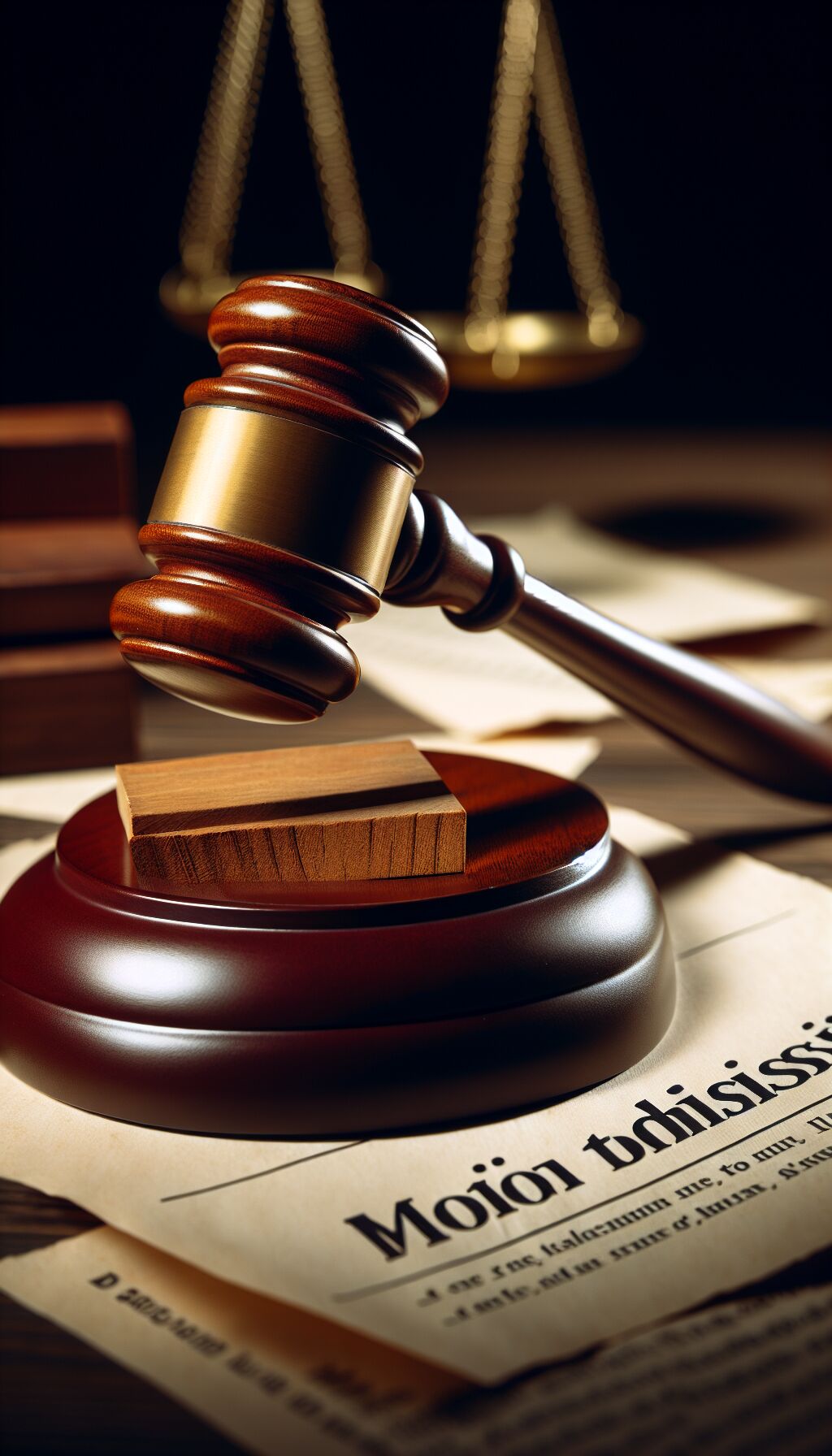Judge Grants Trump Motion to Dismiss Charges in New York Case
New York, NY – In a significant development on Friday, Judge Juan Merchan granted President-elect Donald Trump permission to file a motion to dismiss charges in the case of New York v. Trump. This represents a pivotal moment in a case that has drawn intense scrutiny and controversy since its inception.
Legal Proceedings and Key Dates
During the court proceedings, Judge Merchan outlined essential timelines. Trump’s legal team has until December 2 to submit their motion for dismissal, while District Attorney Alvin Bragg is expected to respond by December 9. Furthermore, the judge confirmed that the sentencing date previously set for November 26 has been removed from the schedule, as both Trump’s attorneys and Bragg requested a stay in sentencing, indicating an ongoing legal battle.
Reactions from Trump’s Camp
In response to the ruling, Trump spokesman and incoming White House communications director Steven Cheung expressed optimism, labeling the decision a “decisive win” for the President-elect. Speaking to Fox News Digital, Cheung stated, “The hoax Manhattan Case is now fully stayed and sentencing is adjourned. President Trump won a landslide victory as the American People have issued a mandate to return him to office and dispose of all remnants of the Witch Hunt cases.”
Cheung’s remarks reflect Trump’s broader narrative declaring his legal challenges as politically motivated attacks. He asserted that “all of the sham lawfare attacks against President Trump are now destroyed and we are focused on Making America Great Again.”
Legal Arguments from Trump’s Team
In a letter addressed to Judge Merchan earlier in the week, Trump’s defense attorney, Todd Blanche, emphasized the necessity of dismissing the case. As a now-nominee for Deputy Attorney General, Blanche argued that the recent presidential election results provided a mandate that supersedes the political motivations behind the case. “This case must be immediately dismissed,” he stated in the correspondence.
Blanche further claimed that the “immediate dismissal of this case is mandated by the federal Constitution, the Presidential Transition Act of 1963, and the interests of justice, in order to facilitate the orderly transition of Executive power following President Trump’s overwhelming victory in the 2024 Presidential Election.” His arguments highlight the legal strategy aimed at framing the charges against Trump as politically charged and lacking constitutional basis.
Contrasting Stances from the Prosecution
In a move that underscores the complexities of this legal battle, District Attorney Bragg sent a letter to Judge Merchan on Tuesday proposing a stay on the case until 2029. Although he indicated he would oppose Trump’s motion to dismiss, he also showed willingness to engage with the defense’s arguments. This dual approach reflects the prosecution’s strategic position amid pressures from both the legal community and public opinion.
Blanche criticized Bragg’s request, suggesting that continuing with the case would be “uniquely destabilizing” and could hinder governmental operations domestically and internationally. He urged the court to address the new issues that have emerged since the election before proceeding with any existing motions, thus framing any potential continuation of the case as a violation of presidential immunity and the Supremacy Clause.
The Historical Context of Trump’s Case
Trump faces 34 counts of falsifying business records tied to an investigation concerning alleged hush money payments, which was initiated by former Manhattan District Attorney Cyrus Vance and later prosecuted by Bragg. Following a sensational six-week trial, a jury found Trump guilty on all counts – a verdict that has provoked debates on the legal ramifications of such a prosecution against a former president.
In the days following the ruling, Trump’s officials declared Bragg’s request as indicative of a “total failure of the prosecution,” interpreting it as a sign that the case might be effectively over. This interpretation aligns with Trump’s assertion of a “Witch Hunt,” framing the charges as politically motivated rather than grounded in legal merit.
Implications of Supreme Court Decisions
Tod Blanche has articulated the argument that previous U.S. Supreme Court decisions affirm the notion of presidential immunity for official acts carried out during a president’s tenure. This legal precedent becomes crucial as the Trump team navigates the current case, especially considering other ongoing federal lawsuits against Trump related to the events surrounding January 6, 2021.
In those cases, Trump has pleaded not guilty to all charges, and the legal maneuvers in these proceedings suggest a broader strategy focusing on dismissing charges based on presidential powers and constitutional rights. The evolving legal landscape continues to pose questions about the extent of accountability for those in high office and the interplay between legal action and political maneuvering.
Looking Ahead
As both sides prepare for the upcoming deadlines, the courtroom battles are expected to intensify. The ability of Trump’s legal team to successfully argue for a dismissal of the charges against him will significantly impact not only his immediate future but the political climate as well. With the 2024 presidential race already shaping up, the implications of these rulings could resonate far beyond the courtroom.
In the coming weeks, the focus will remain on how Judge Merchan’s decisions shape the narrative surrounding President-elect Trump, his legal challenges, and the broader implications for accountability in politics.
